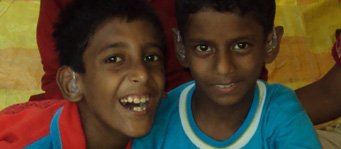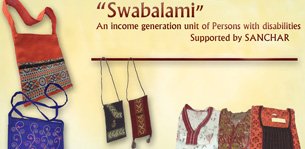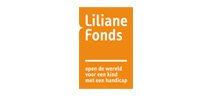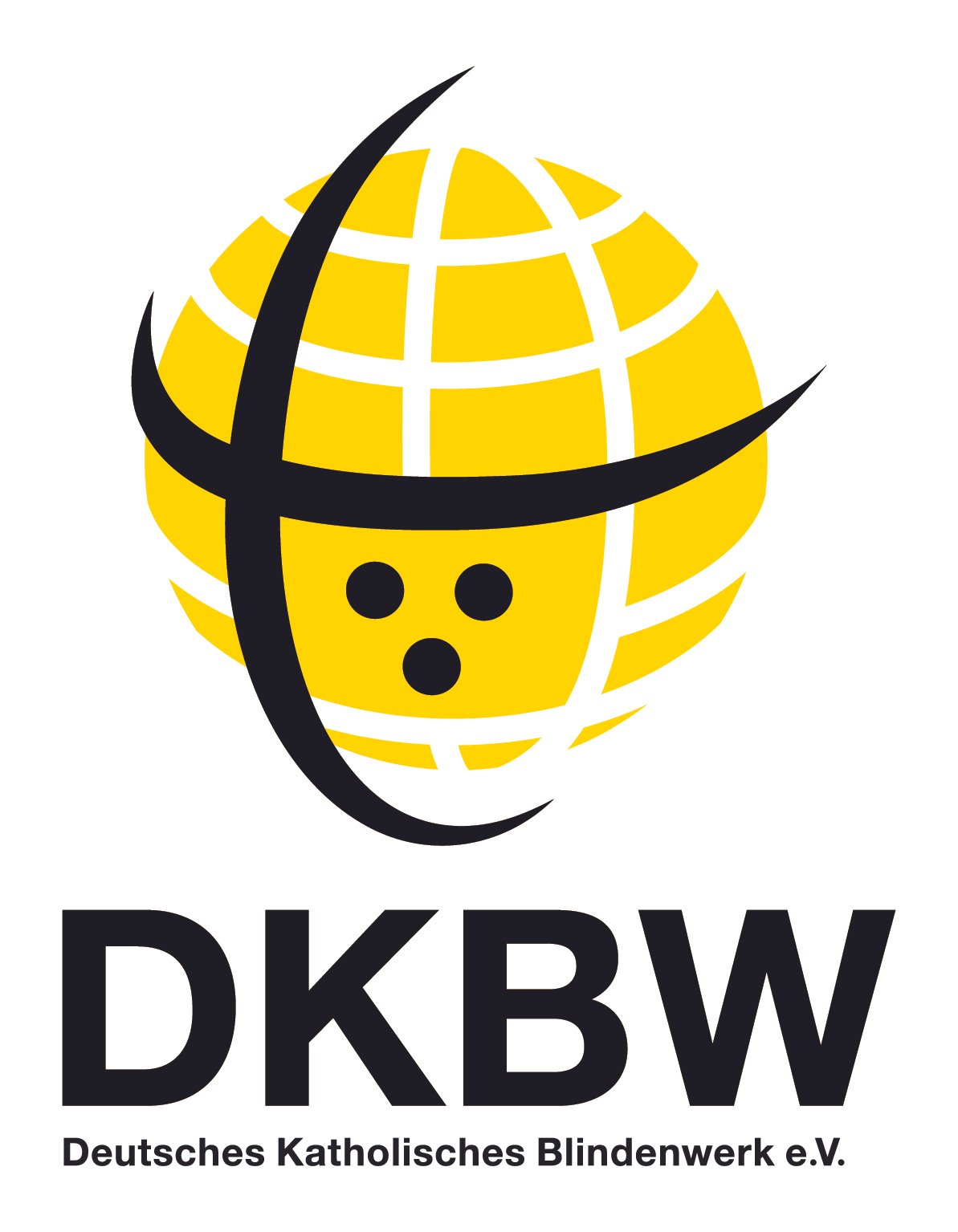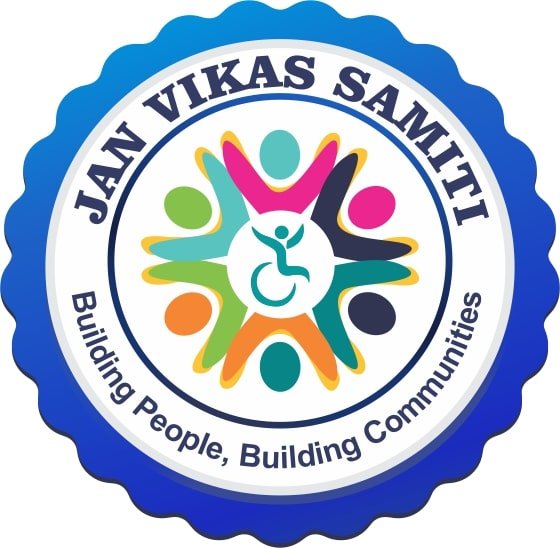SANCHAR’s Community Based Rehabilitation (CBR) programme includes individual home based programme, which is designed on the basis of abilities of the person as well as the nature and severity of impairment. Weekly home based support is provided to children and adults with disabilities for disability management, therapeutic intervention for physical development, customised modification of aids and appliances, development of skills to carry out daily living and household activities, auditory & speech training, mobility orientation, behavior modification and training on Braille and Indian Sign Language and other communication skills. At the same time parents and family members receive regular training, so that they can carry on the disability management work with their children and their dependence on rehabilitation professionals is gradually reduced.
Presently the CBR programme is being implemented in South 24 Parganas, Howrah and in Kolkata district.
South 24 Parganas District: Till now SANCHAR has reached more than 1000 persons with disabilities in 15 Gram Panchayats under 4 blocks - Bishnupur I, Bishnupur II, Falta and Thakurpukur Maheshtala. SANCHAR works for their overall development and inclusion in mainstream society. Early identification and intervention is a priority and the rehabilitation plan for every individual is designed based on their need and abilities. In the rehabilitation process, family plays a major role. The parents and family members work together with staff of SANCHAR as partners. Their joint effort helps in identification, assessment, developing individual rehabilitation plan and its implementation. This joint effort tries to remove attitudinal and infrastructural barriers in the family and outside as well. The parents and other members of the family receive regular training on disability management.
In last 29 years, SANCHAR's community based disability inclusive programme and services has built the capacity of the community stakeholders to promote and practice inclusive and sustainable development through a community mechanism. SANCHAR regularly works with the panchayat, general schools, health workers, anganwadi workers, local clubs, neighbours and peer groups. SANCHAR’s regular capacity building and other activities with these community stakeholders play a major role in reducing the infrastructural and attitudinal barriers to increase full and effective participation of persons with disabilities in their own community. Continuous sensitization and capacity building programmes help them to realize their roles and responsibilities in the process of disability inclusive community development.
Howrah District: SANCHAR has started working in Panchla Block of Howrah District from 2016 with the support of Indienhilfe e.V. Herrsching, Germany. Presently we are covering 5 Gram Panchayats (Panchla, Chara Panchla, Bikihakola, Jala Biswanathpur and Suvarara) in this Block, where our major focus is children with disabilities, though in some cases we are also reaching adults. After the survey and screening, more than 200 children with disabilities who are in need of rehabilitation services have been identified. Home based rehabilitation activities and training of the parents /family members for these children are gradually being started based on their immediate needs. During the first year (2016-17), regular meetings and workshops have been organised with Panchayats, health workers, anganwadi workers, teachers and other community members.
Kolkata District: SANCHAR works with children with disabilities living in Ward No. 143 under Kolkata Municipal Corporation. Besides, we regularly conducts sensitization programmes and theatre workshops in schools and colleges in Kolkata.
Besides the regular CBR Programme in the community, every Thursday SANCHAR's premises is open for the children with disabilities for whom we don’t provide home-based intervention and the day is called Open Day. Besides therapeutic intervention and functional education, parents also receive a practical exposure and training on disability management. However, if needed, this service is complemented by periodic home visits.
The major thrust areas of CBR work towards a sustainable disability inclusive development are:
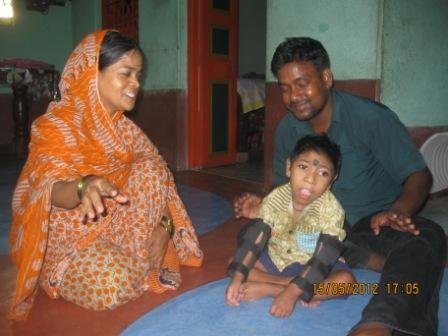 Health and Rehabilitation
Health and RehabilitationPersons with disabilities have a right to attain highest standard of health without discrimination and receive same quality and standard of health services like others. To enable persons with disabilities to attain maximum independence, SANCHAR provides comprehensive health and rehabilitation services.
Read More » Education
EducationEducation is a fundamental right and crucial for children with disabilities to reach their full potential and set the stage for a fulfilling adulthood. Education can be a key factor in poverty alleviation and reduction. From the very beginning, SANCHAR’s aim has been the inclusion of children with disabilities in the mainstream education system.
Read More »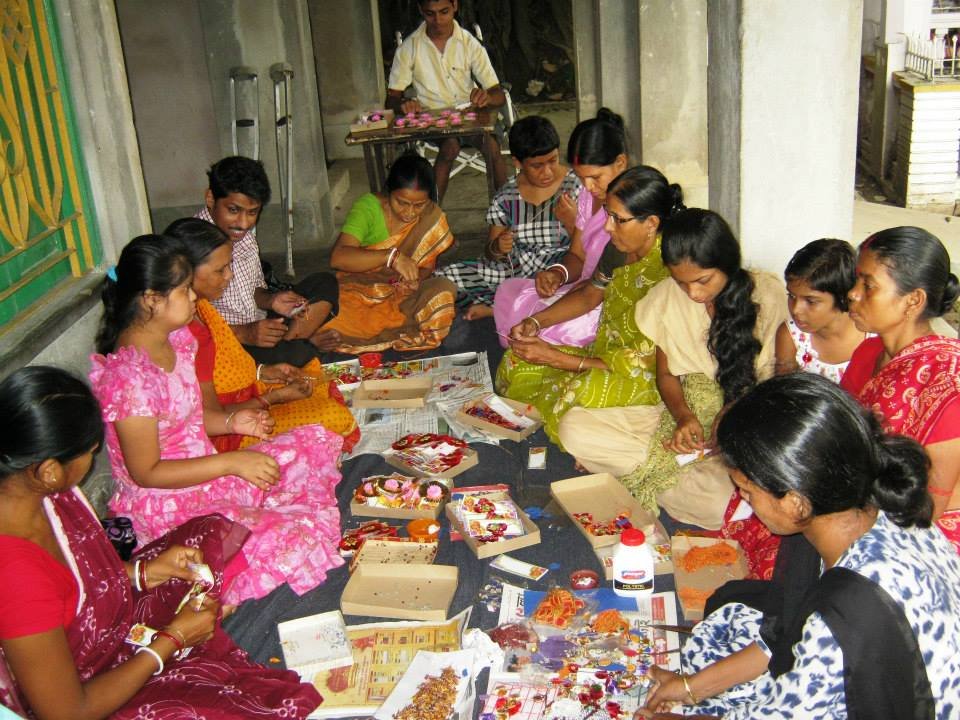 Livelihood
LivelihoodSANCHAR organizes training on business strategies and on skill development on different trades for the persons with disabilities and facilitates income generating activities by providing raw materials, seed money, professional support for quality production, putting up stalls in handicraft fair and linking them with others for selling their products.
Read More »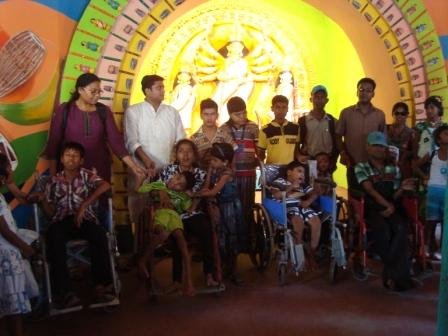 Social Inclusion
Social InclusionSANCHAR ensures Social Inclusion starting from family to community at all levels. SANCHAR organizes several capacity building trainings for persons with disabilities, their parents and family members to enable them to understand the importance of social justice and security and facilitates the process of availing Birth Certificate, Disability Certificate/ Identity Card, Medical Insurance etc.
Read More » Empowerment
EmpowermentOverprotection from families and stigma and discrimination in the community lead to people with disabilities feeling incapable. This starts the search for empowerment. SANCHAR helps people with disabilities themselves moving from being passive receivers to active contributors in the community.
Read More »





